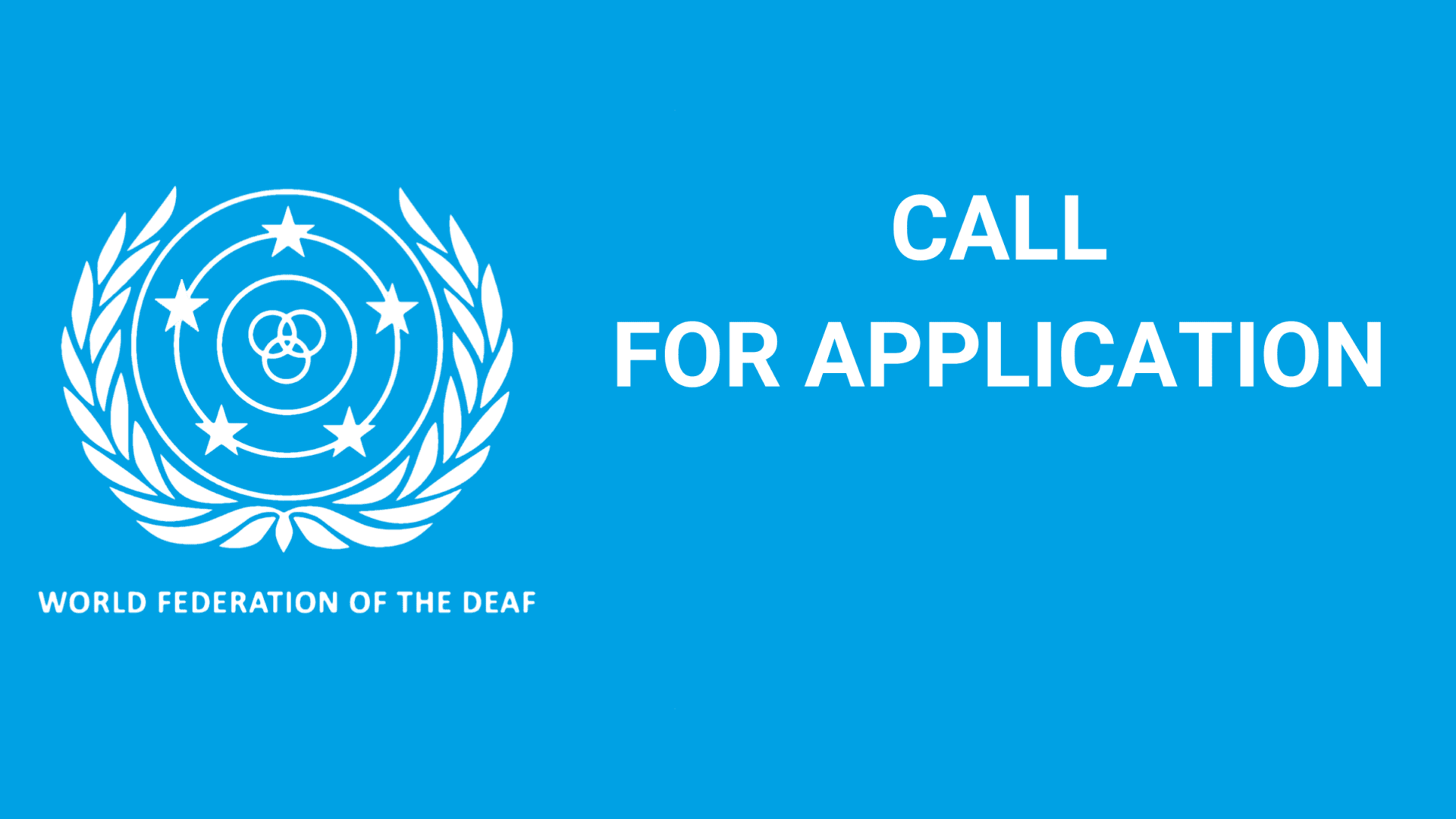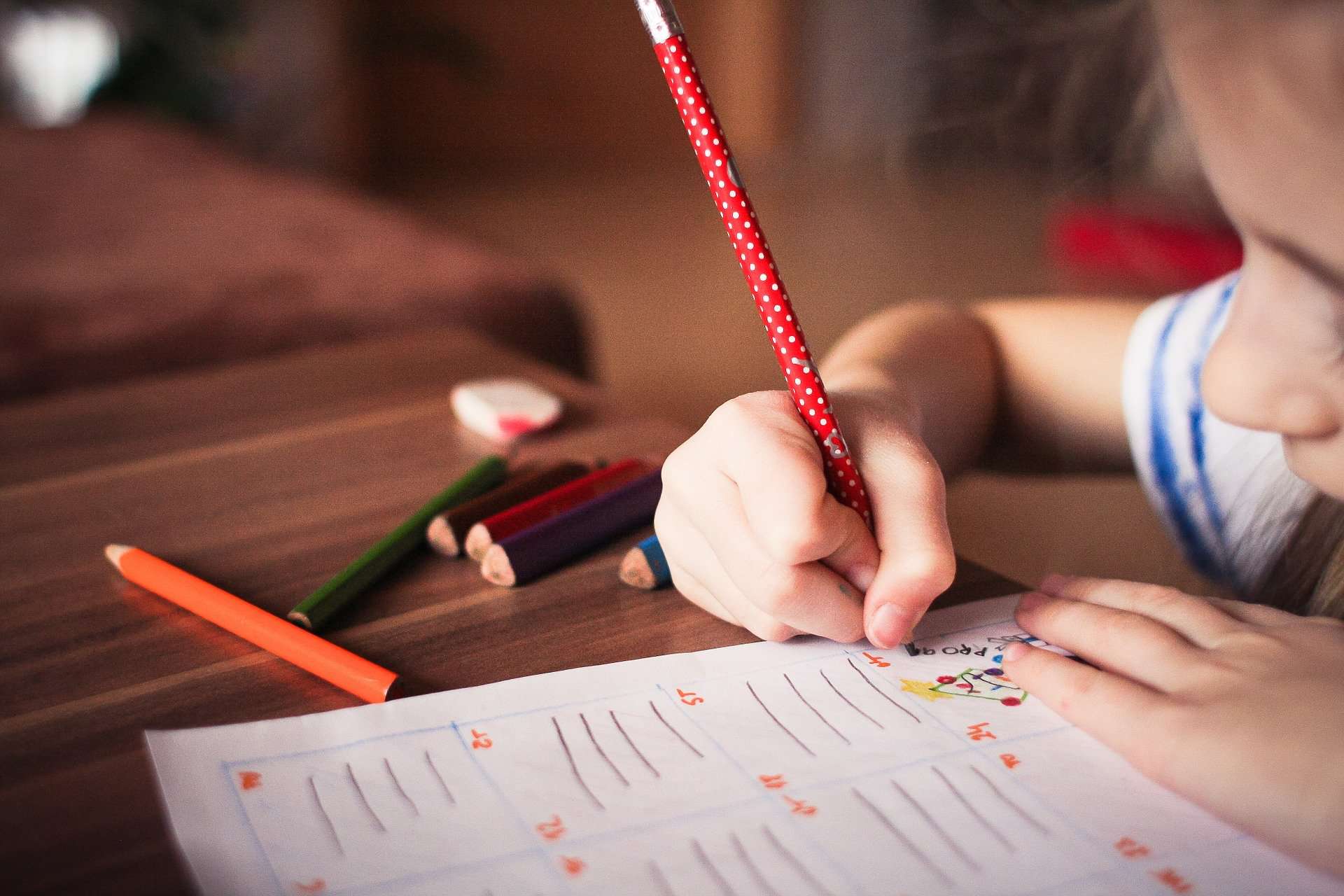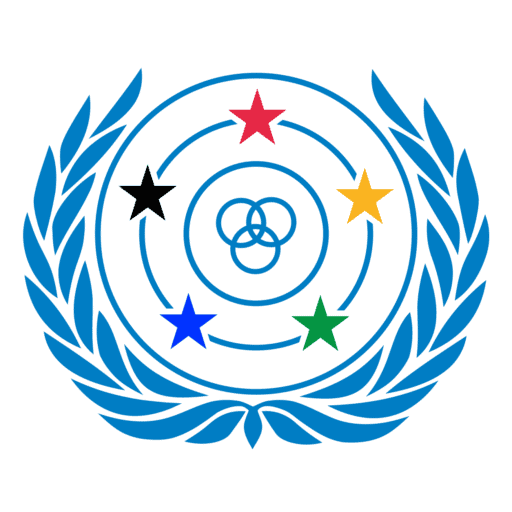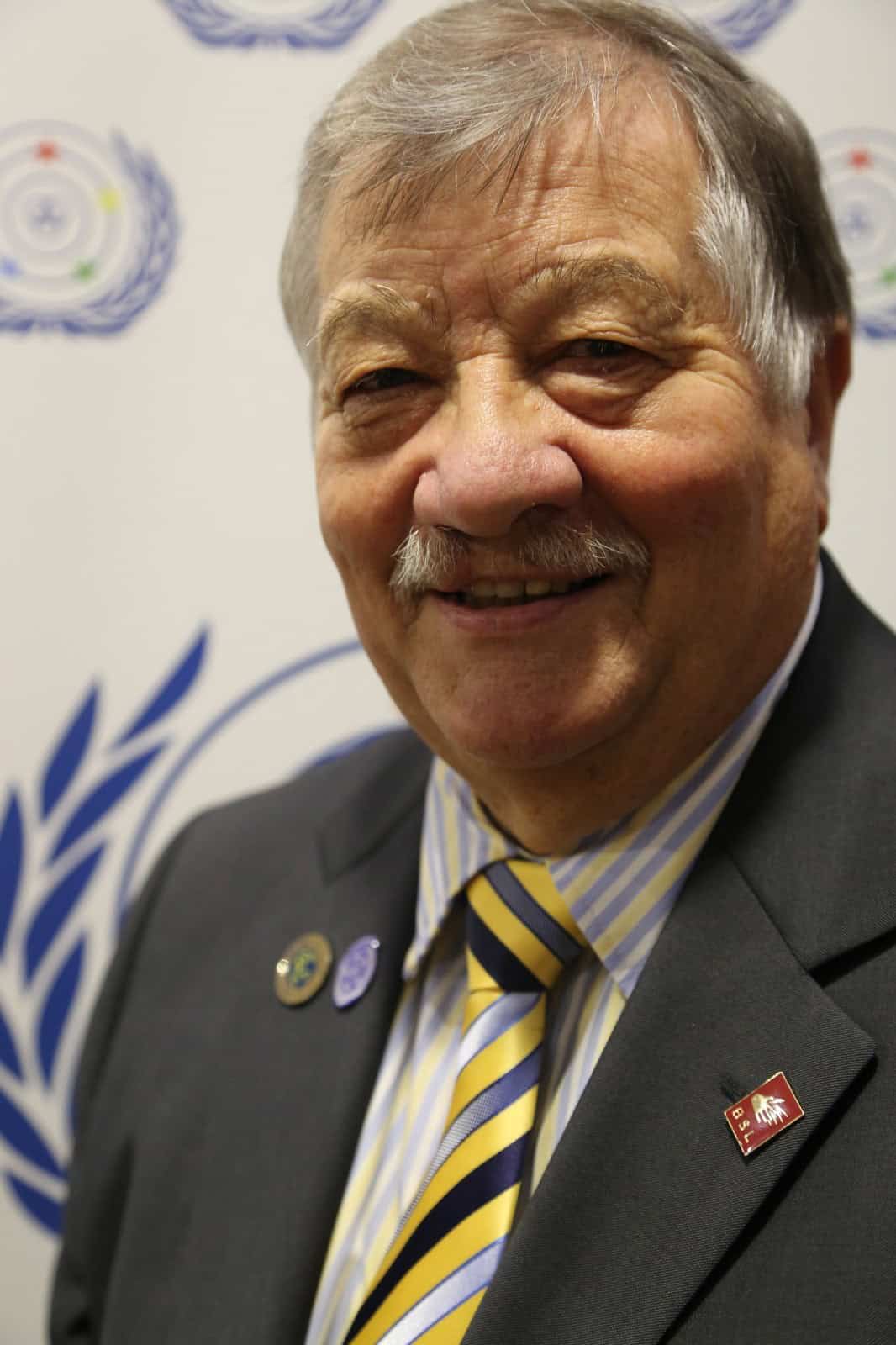The World Federation of the Deaf (WFD) and World Association of Sign Language Interpreters (WASLI) promote the rights of deaf people to participate in society, government and other areas of life as equal citizens. These rights can be tremendously impacted during times of natural disasters and/or mass emergencies, if deaf people do not have access to full and accessible communication. Natural disasters and other mass emergencies affect large numbers of individuals. Such events can include:
- fires
- earthquakes
- floods
- mudslides and avalanches
- terrorist attacks
- chemical spills
- storms, heatwaves and other severe weather events.
These events can occur with or without warning. During times of natural disasters and other mass emergencies, individuals and communities rely on communication in order to:
- make contact with emergency services, such as police, fire and ambulance services
- receive information about the nature of the emergency, its location and severity
- receive information about what action the individual or community must take, such as evacuating
- share information such as their own and their family’s whereabouts and safety.
In preparation for natural disasters and mass emergencies, individuals and communities also require access to information, for example, fire preparedness information and notification of evacuation centre locations.
Deaf people who use a signed language require access to these same communications.
The use of various information and communications technology (ICT) tools that allow for two (or more) way communication such as video, text and cell phones, video and text (telephone) relay services, smart technology and most notably the Internet, has revolutionised interaction opportunities especially for deaf, hard of hearing and deaf blind people as well as persons with disabilities.
Universal Design (also known as Design for All), in product and service development is based on the recognition that it is often easier and more cost-effective to design a product from the ground up, so that anyone can use it, rather than adding in accessibility features for specific target groups after design and build completion.
The United Nations Convention on the Rights of Persons with Disabilities (CRPD) ratified by most countries across the world is providing a significant influence for government and business to include universal design in their policies across all spectrums of service provision to their communities. The CRPD sets out obligations for national governments to ensure that persons with disabilities are fully included in their societies and ensure that they are not left behind in any sphere of their lives, and this applies to communication during times of natural disasters.
Deaf people have taken advantage of the rapid advances in information and communication technologies, and use them creatively to improve their quality of life. Access to information and ease of interaction is possible by:
- visual communications (e.g.; YouTube videos with captions, etc);
- services supplied on-line in sign language;
- professional interpreter services provided on public media;
- relay services: and,
- other emerging accessible technologies.
The goal of full accessibility and true equality is becoming more achievable.
WFD and WASLI have developed a detailed working document on Guidelines on Communication during Natural Disasters and other Mass Emergencies for deaf people who use Signed Language which includes current research and legislation that impacts service provision and accessibility; and, a detailed table highlighting relevant CRPD articles where access is addressed in the context of communication in emergency situations.
Further background on the Guidelines can be seen here: www.wfdeaf.org/databank/guidelines



